Evers issues 51 partial vetoes and signs Wisconsin's 2023-25 state budget
Wisconsin governors have long used partial vetoes to reshape state budgets — Democratic Gov. Tony Evers got creative with this power in the third budget passed by a Republican Legislature that he's signed.
Associated Press
July 5, 2023
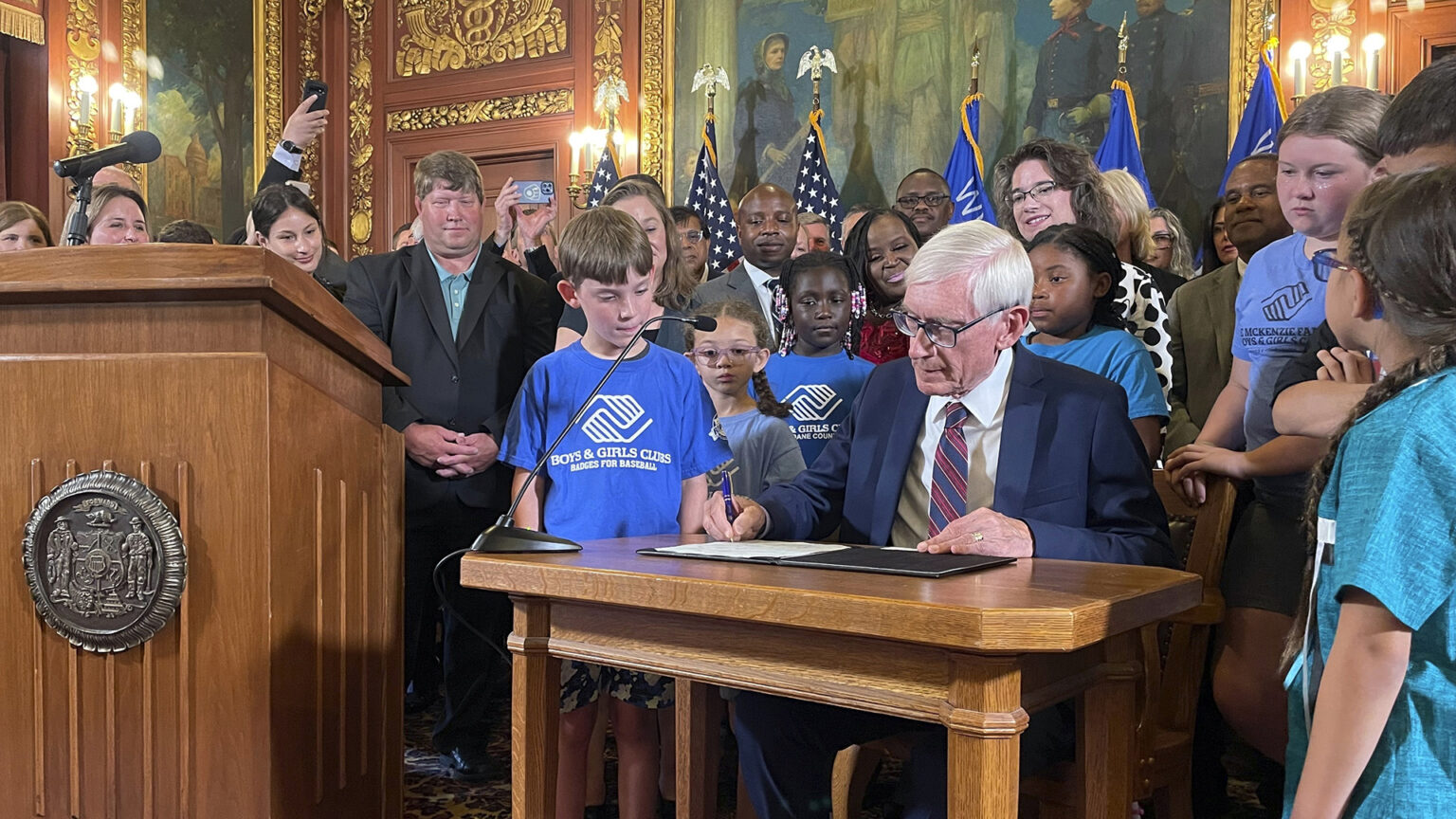
Democratic Gov. Tony Evers signed a two-year spending plan into law on July 5, 2023, at the Wisconsin State Capitol in Madison. The budget was authored by Republicans who control the Legislature, but Evers used his partial veto powers to revise portions of it. (Credit: AP Photo / Harm Venhuizen)

MADISON, Wis. (AP) — Wisconsin Gov. Tony Evers signed off on a two-year spending plan on July 5 after gutting a Republican tax cut and using his broad veto powers to increase school funding for centuries.
Evers angered Republicans with both moves, with some saying the Democratic governor was going back on deals he had made with them.
He got creative with his use of the partial veto in the 2023-25 budget, which is the third passed by a Republican Legislature that he’s signed.
Evers reduced the GOP income tax cut from $3.5 billion to $175 million, and did away entirely with lower rates for the two highest earning brackets. He also used his partial veto power to increase how much revenue K-12 public schools can raise per student by $325 a year until 2425.
Evers took language that originally applied the $325 increase for the 2023-24 and 2024-25 school years and instead vetoed the “20” and the hyphen to make the end date 2425.
Evers, a former state education secretary and teacher, had proposed allowing revenue limits to increase with inflation. Under his veto, unless it’s undone by a future Legislature and governor, Evers said schools will have “predictable long-term spending authority.”
“There are lots of wins here,” Evers said of the budget at a signing ceremony surrounded by Democratic lawmakers, local leaders, members of his Cabinet and others.
Wisconsin governors, both Republican and Democratic, have long used the broad partial veto power to reshape the state budget. It’s an act of gamesmanship between the governor and Legislature, as lawmakers try to craft bills in a way that are largely immune from creative vetoes.
Former Republican Gov. Tommy Thompson holds the record for the most partial vetoes with 457 in 1991. Evers made 51 in 2023.
In 2000, voters prohibited what was known as the “Vanna White” veto, which allowed governors to strike individual letters within words to create new meaning. And eight years later, the constitution was amended again to outlaw the “Frankenstein veto,” when the governor at the time struck words in two or more sentences to create a new sentence.
The Wisconsin Supreme Court in 2020 struck down three of Evers’ partial vetoes as being too broad, but the justices could not agree on standards to guide future vetoes. The court flips from a conservative to liberal majority in August.
Republicans blasted the latest vetoes.
Republican Assembly Speaker Robin Vos said allowing the school revenue limit to increase effectively forever would result in “massive property tax increases” because schools will have the authority to raise those taxes if state aid isn’t enough to meet the per-pupil cost. He also said scaling back the tax cut put Wisconsin at an economic disadvantage to neighboring states that have lower rates.
“Legislative Republicans worked tirelessly over the last few months to block Governor Evers’ liberal tax and spending agenda,” Vos said in a statement. “Unfortunately, because of his powerful veto authority, he reinstated some of it today.”
Vos did not say if Republicans would attempt veto overrides, an effort that is almost certain to fail because they would need Democratic votes in the Assembly to get the two-thirds majority required by state law.
Republicans proposed tapping nearly half of the state’s projected $7 billion budget surplus to cut income taxes across the board and reduce the number of brackets from four to three.
Evers kept all four brackets. The remaining $175 million in tax cuts over the next two years are directed to the lowest two tax rates, paid by households earning less than $36,840 a year or individuals who make less than $27,630. Wealthier payers will also benefit from the cuts but must continue to pay higher rates on income that exceeds those limits.
Evers was unable to undo the $32 million cut to the University of Wisconsin, which was funding that Republicans said would have gone toward diversity, equity and inclusion — or DEI — programming and staff. The budget Evers signed does allow for the university to get the funding later if it can show it would go toward workforce development and not DEI.
Evers previously threatened to veto the entire budget over the UW cut. But on July 5, he used his partial veto to protect 188 DEI positions at UW that were slated for elimination under the Republican plan.
Another of Evers’ vetoes removed a measure that would have prohibited Medicaid payments for gender-affirming care. The governor accused Republicans of “perpetuating hateful, discriminatory, and anti-LGBTQ policies and rhetoric” with the proposal.
Evers ignored a call from 15 liberal advocacy and government watchdog groups that had urged him to “fight like hell for our collective future” and veto the entire budget, which they argued would further racial and economic inequality.
Evers said vetoing the entire budget would have left schools in the lurch and meant rejecting $125 million in funding to combat water pollution caused by so-called forever chemicals known as PFAS, along with turning down $525 million for affordable housing and pay raises for state workers.
No governor has vetoed the budget in its entirety since 1930.
The budget also increases pay for all state employees by 6% over the next two years, with higher increases for guards at the state’s understaffed state prisons.
Harm Venhuizen is a corps member for the Associated Press/Report for America Statehouse News Initiative. Report for America is a nonprofit national service program that places journalists in local newsrooms to report on undercovered issues.
 Passport
Passport




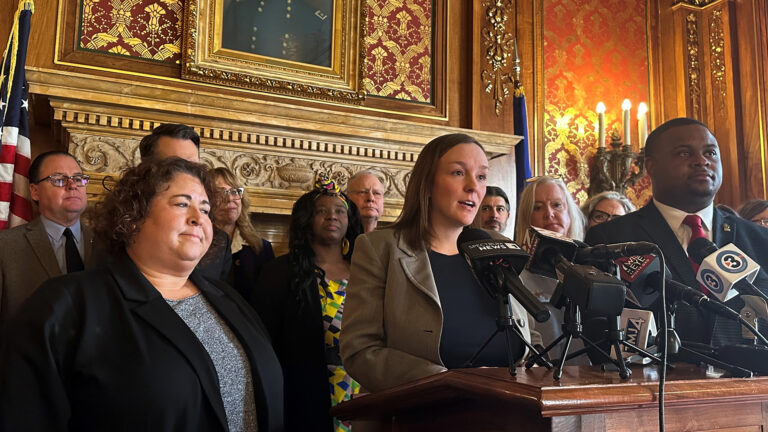
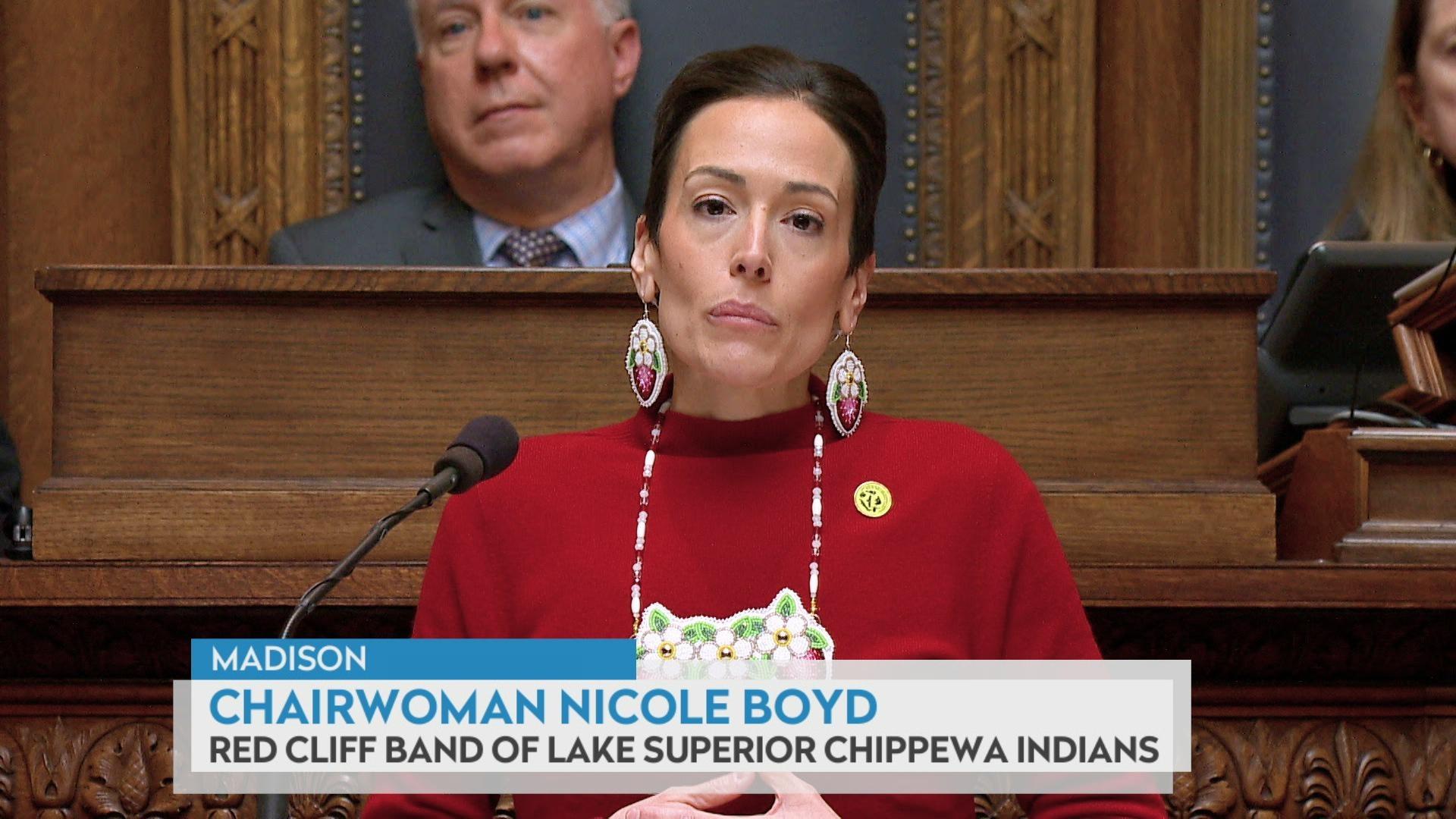
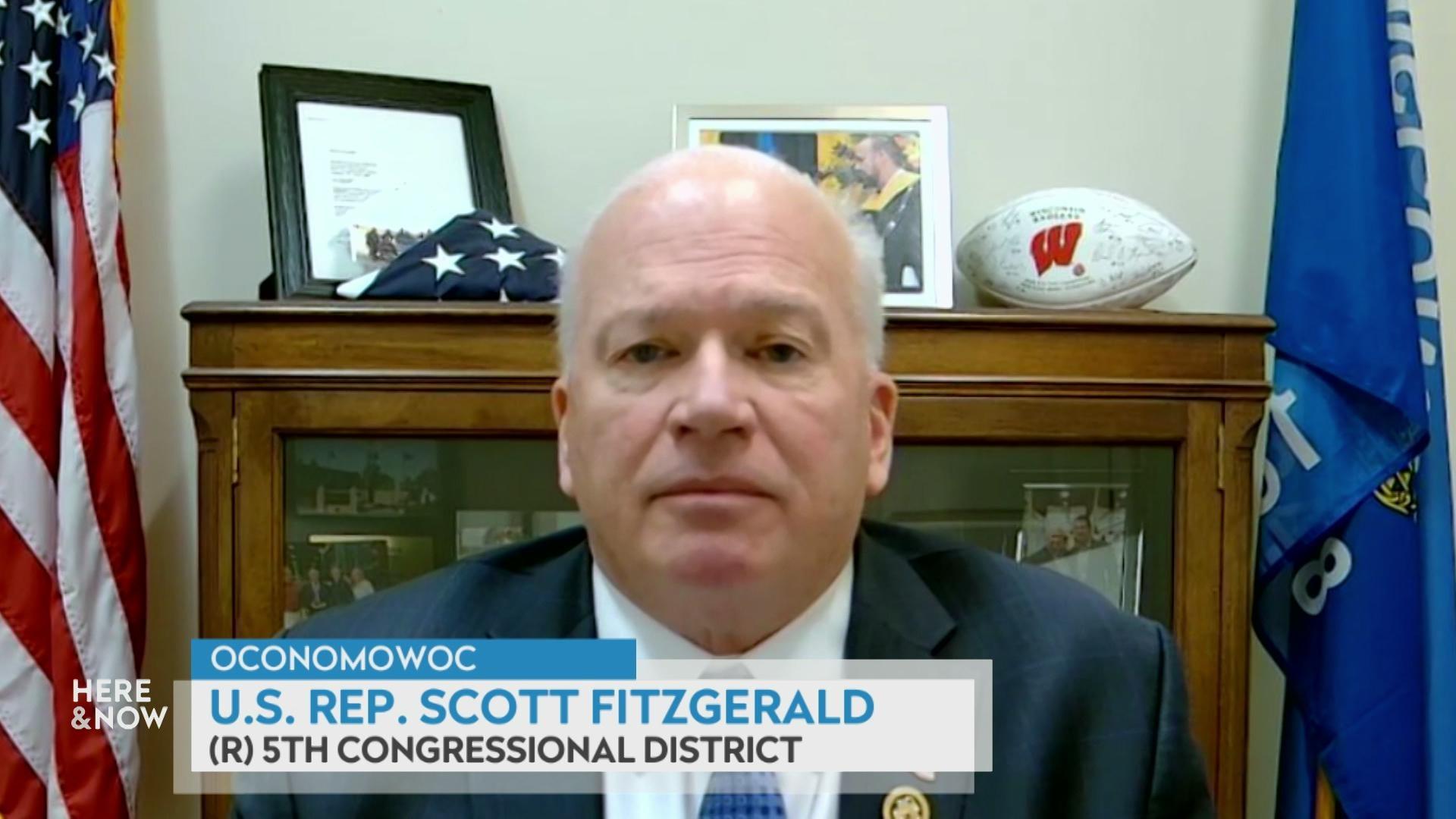

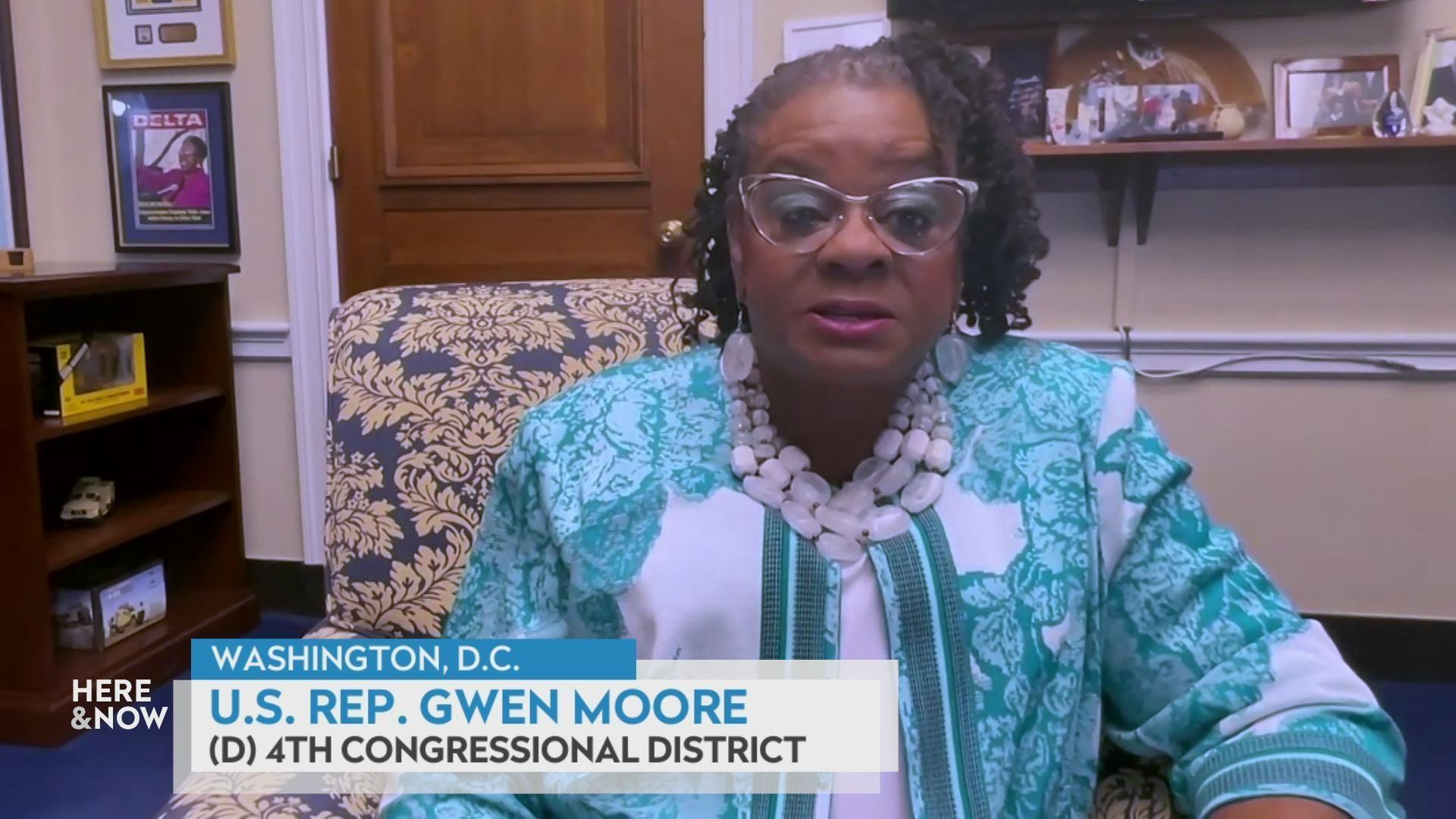
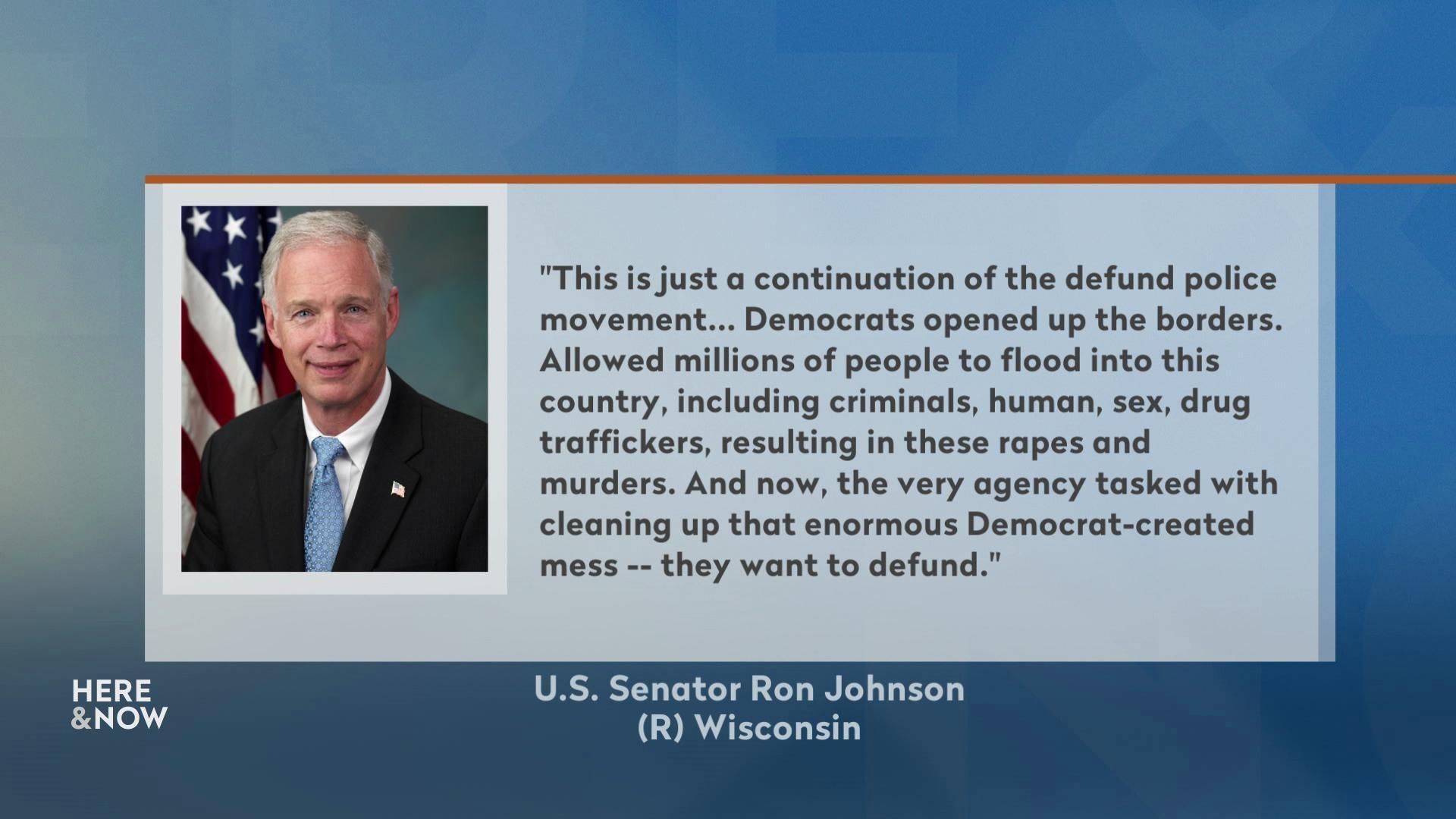

Follow Us